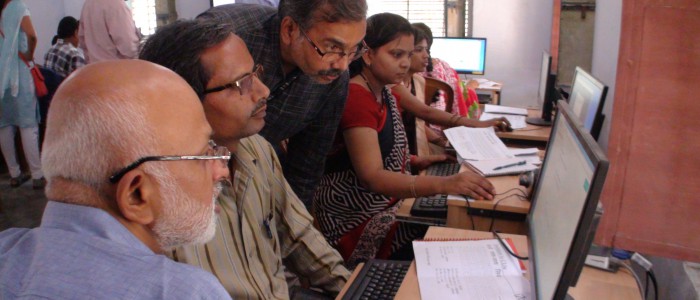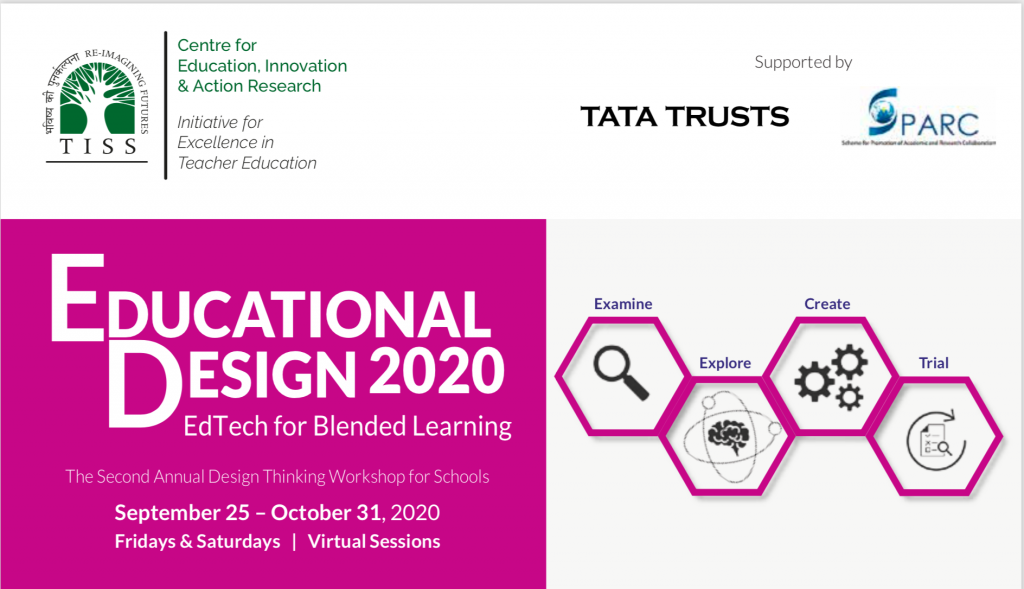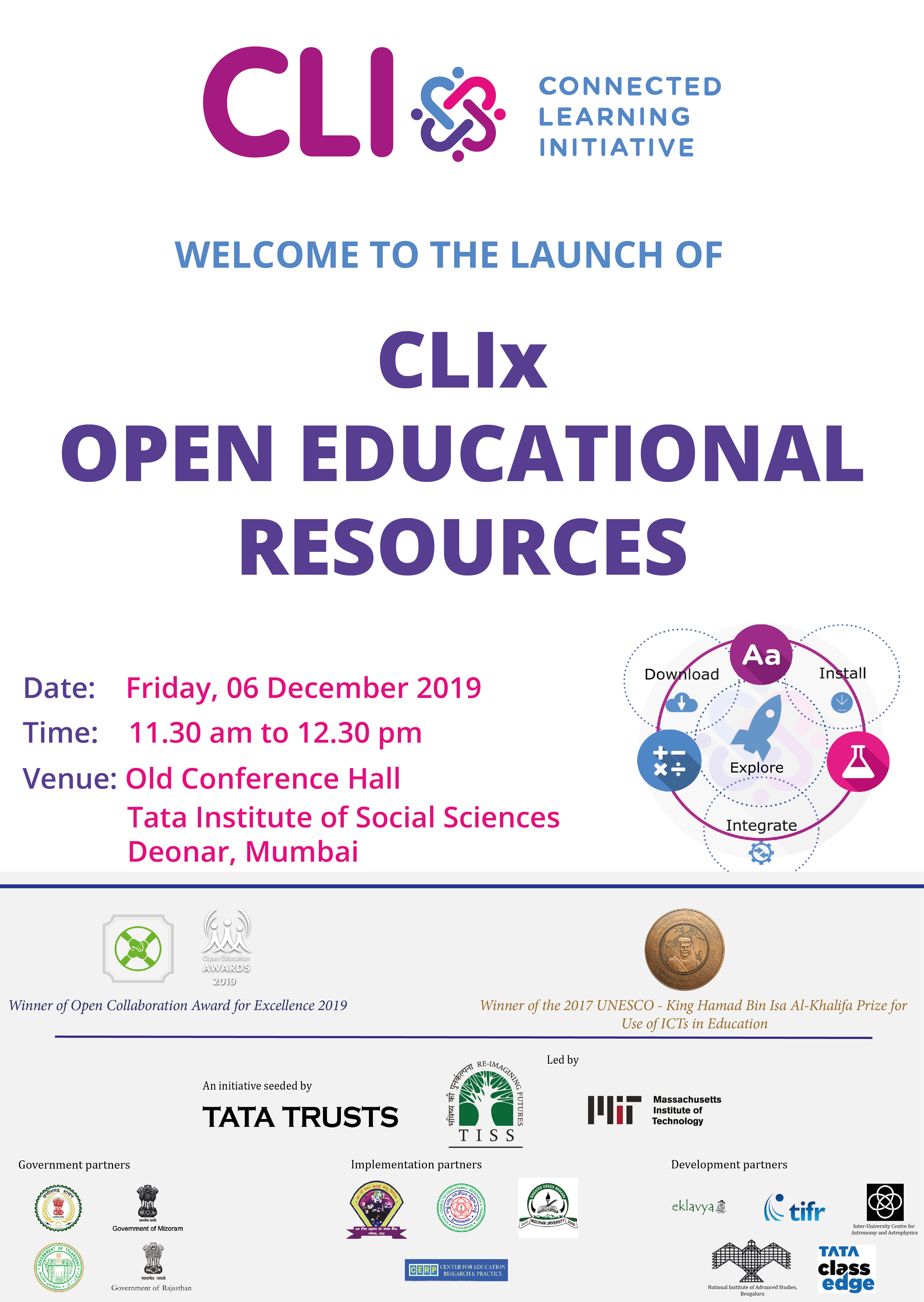Teacher Professional Development in CLIx
In CLIx project our vision is to leverage technology to enhance teacher capacity to use new media technology effectively. The initiative aims to include and address teachers rather than use technology to teacher proof curriculum and hence aim to strengthen teachers′ knowledge, practice and professional identities. The focus would be to develop teachers′ capacities to use technology not just as a tool for enhancing the teaching learning process but to also use it as a tool for communication for interacting with other teachers, practitioners and experts so as to aid teachers′ professional development. In order to integrate ICT with teaching- learning process, teachers need training in basic computer literacy and managing classrooms with technology. The present situation in our schools is such that teachers hardly get any opportunity to discuss or reflect on their practice with their peers as well as the larger community of educators including subject experts, teacher educators etc. Communication and interaction via CLIx platform will help help towards building collaborative groups and learning communities which can provide forum to teachers to discuss issues related to practice and work towards their professional growth.
We view technology not just as the use of devices like computers, laptops etc. but also include the ′process′ of design of learning environment and learning opportunities through development of modules to support teaching of Science, Mathematics and English. The offerings developed in form of course modules for students and for teachers will support teachers to integrate technology for active and authentic learning, including interaction, feedback and assessment. These courses will be developed through cycles of iterative design and iterative implementation before being rolled out for larger scale implementation. Professional development would make teachers experience the content in the same way the design intends to present the content as a learning experience to children in addition to other professional development components. This could enable teachers to change their pedagogical practices into more active teaching and learning.
Multimedia resources will be developed to enable interactive engagement of teachers. Courses for teacher professional development will be designed collaboratively by Indian research groups (including TISS, IITB, HBCSE) and the MIT, and offered as TISS certified courses within the existing MA Education program and in other certificate and diploma modes. The mode of teacher professional development will be through through blended mode having face to face interaction as well as combination of synchronous and asynchronous communication through CLIx platform. This will enable wider networks of professional development, support and engagement of teacher and connectivity across geographic divides. The connections visualised are not just for nurturing professional development and expertise but also for research and scholarly activity and collaborations and partnerships around the initiative to work towards sustainability. This will be enabled by developing an ecosystem having connections between range of personnel like students teacher educators, researchers, curriculum developers and technologists and a range of stake holders including research institutions, education systems and the private education technology sector, towards continued innovation in hard ware and education design, for greater scale and efficacy. Having such an ecosystem will enable exchange of ideas not only among teachers but also with people working in various institutions interested in issues of education.





Comments are closed.